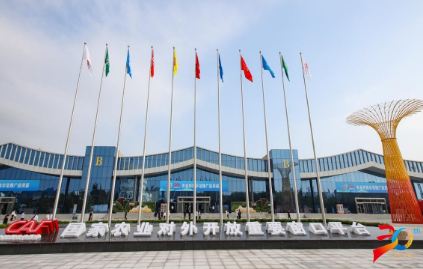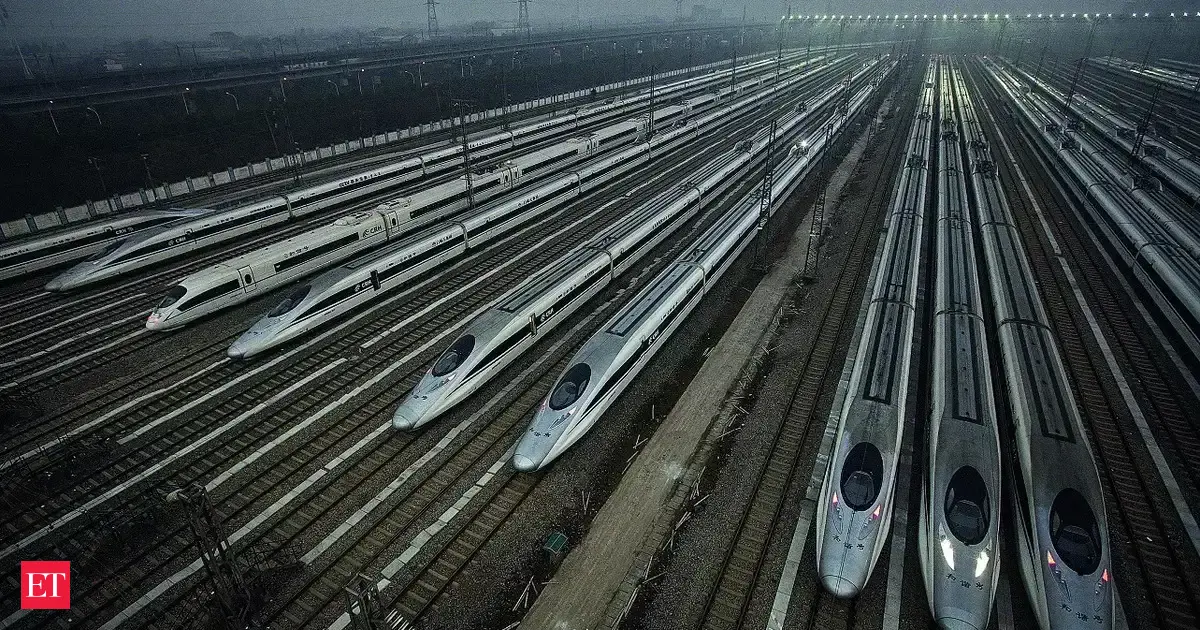Copyright thedailycpec

Pakistan used the platform of the SCO Agricultural Expo and the 32nd Yangling Agricultural High‐tech Fair in China’s Shaanxi Province to highlight its agricultural potential and push for deeper tech cooperation. The gathering in Yangling brought together over 1,800 companies from almost 50 countries, spanning the nine major agricultural high-tech sectors and featuring Chinese firms from 31 provinces. In a key moment of the expo, the “2025 China Arid Zone Agricultural Technology Development Report” was officially launched. This report underscores technological advances tailored to arid-zone agriculture, a major relevance to Pakistan’s own climatic and ecological conditions. In his remarks, Muhammad Akmal, Chairman of the Pakistan Science Foundation from the Ministry of Science & Technology, underscored agriculture’s vital role in Pakistan’s economy. He stressed that confronting global challenges such as food security and water scarcity demands a transformation of Pakistan’s agriculture, via technological innovation, digitalisation, green transition and sustainable development. Meanwhile, Pakistani-origin PhD student Mohammad Mushtaque Kumbhar (from Northwest A&F University) noted how fast China’s agricultural technologies are evolving. He pointed out that some Pakistani farmers are already introducing innovations like drones into their operations thanks to this growing exchange. Key focal areas at the fair included core seed sources, advanced agricultural machinery, water-efficient farming, smart agriculture, and digital systems. In conjunction, the event unveiled 50 high-value agricultural patents, 100 major scientific achievements, and 1,000 agricultural technology results evaluated under China’s “Four New” technologies programme. For Pakistan, this event signals a strategic shift: more than simply showcasing exports, it is about embedding global technologies within the country’s agri-system and strengthening partnerships under the wider framework of the China–Pakistan Economic Corridor (CPEC). Looking ahead, Pakistan aims to leverage these ties to modernise its agricultural sector, enhance productivity and quality, and adopt digital and sustainable practices.



